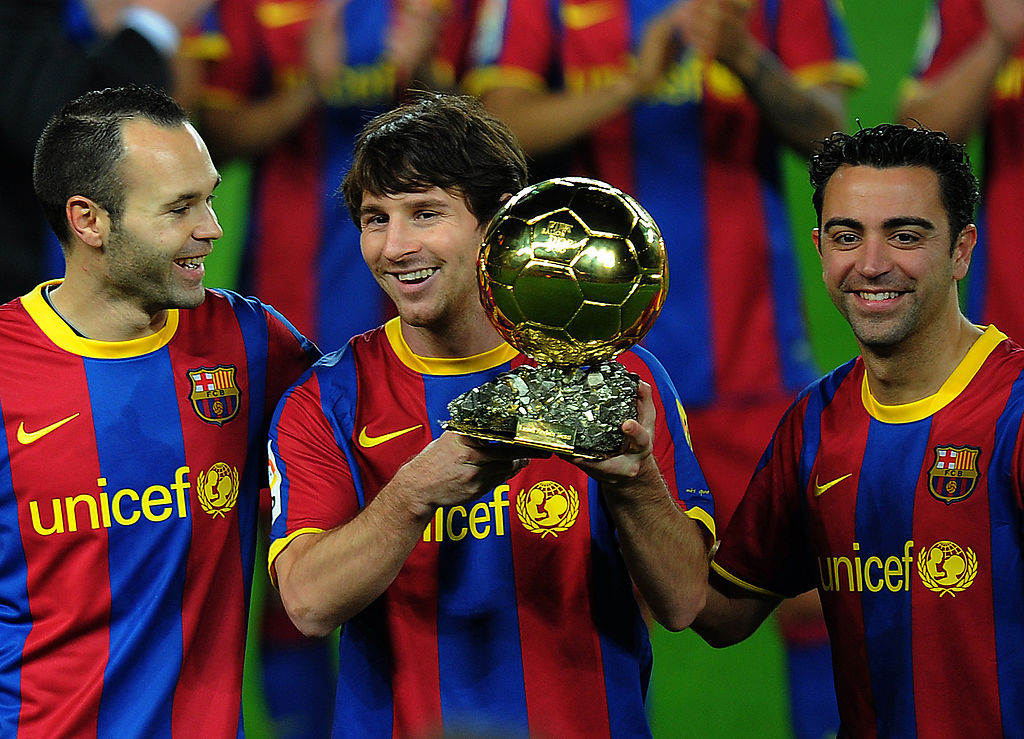What's gone wrong at Liverpool? Here's what...
With the Reds' FA Cup hopes over and top-four chances all but up in flames, John Robertson pinpoints five areas where Brendan Rodgers' side have flopped...
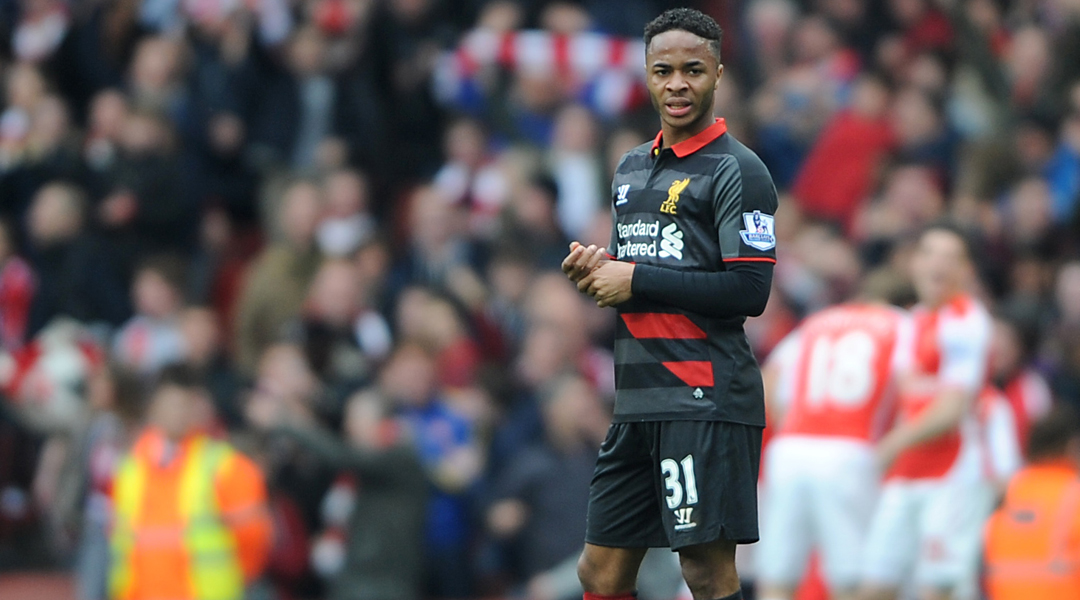
It was only six weeks ago that things were looking incredibly bright at Anfield. From mid-December last year to mid-March of this, Brendan Rodgers' team hadn't lost a league game. The record had catapulted them from Europa League also-rans to potential Champions League qualifiers.
The last five weeks, however, have been disastrous. Back-to-back league defeats against Manchester United and Arsenal have seen their top-four challenge falter to the point that the Reds are now relying on Manchester City to slip up, while a surprise FA Cup semi-final defeat to Aston Villa mean Rodgers is still waiting on a first trophy. So what's gone wrong? Why can't Liverpool win when the pressure is on?
Reliance on individuals makes scoring difficult
In the absence of the injured Daniel Sturridge, cutting out Liverpool's goal threat predominantly comes down to suffocating the creativity of Raheem Sterling, Jordan Henderson and Philippe Coutinho.
With at least one of these three generally pushing forward to become the spearhead of attack in any given moment, that typically leaves two playmakers to deal with at any one time. This season, the numbers show that opposition defences needn't worry about assists coming from anywhere else on the pitch.
This reliance on such a small number of key individuals has seen Liverpool's goal tally dwindle. It's far too easy for a defence of Premier League quality to overcome such a narrow and predictable approach through disciplined positioning. It's wholly unsurprising, then, to see that Liverpool have scored the fewest goals of the top six – some 18 adrift of Chelsea and 20 behind Manchester City.
Most worrying is that Rodgers seems to have little in the way of scheming to overcome the void created by Sturridge's absence. For a manager deemed one of the league's top strategists, it's a big problem unsolved.
Get FourFourTwo Newsletter
The best features, fun and footballing quizzes, straight to your inbox every week.
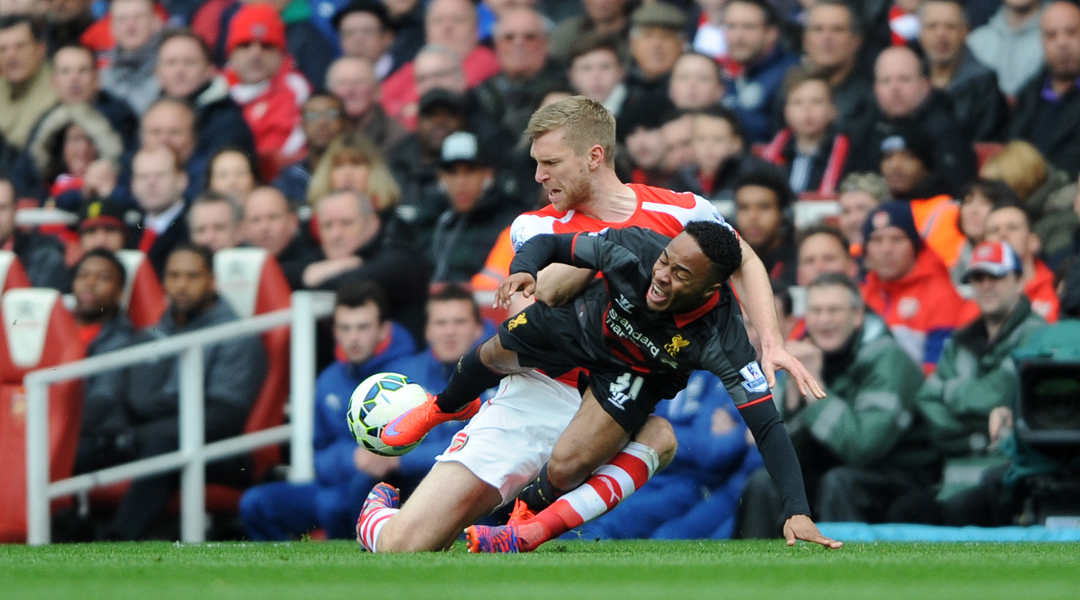
Psychological burden affecting young and old
Steven Gerrard's mental strains have been mentioned several times this season. With his career at the club up this summer, the Kop legend has been desperate to leave on a high by winning another trophy, getting the club back into the Champions League and giving everything in key games.
But for a while now, that sense of responsibility has spilled over and become a negative burden on both his own performances and those of the club in general.
Getting himself sent off moments after taking the field against Manchester United didn't help, nor has a regression to an increasingly one-dimensional style obsessed with long passes from deep.
Such strains have affected the rest of the team, too. While Gerrard might be detrimental to his team's performances, without him there isn't much leadership and experience.
Henderson has filled the first role well this season, but he's not quite there yet. Similarly, Martin Skrtel is apt for marshalling the defence, but beyond that he is without a voice.
Without this leadership it's easy to understand why Liverpool's comparatively young and naive team struggle to deal with the pressure of the big occasion.
The team's record since December last year remains excellent in a wider context, but the three domestic games they've lost since then are the three they simply couldn't afford to lose.
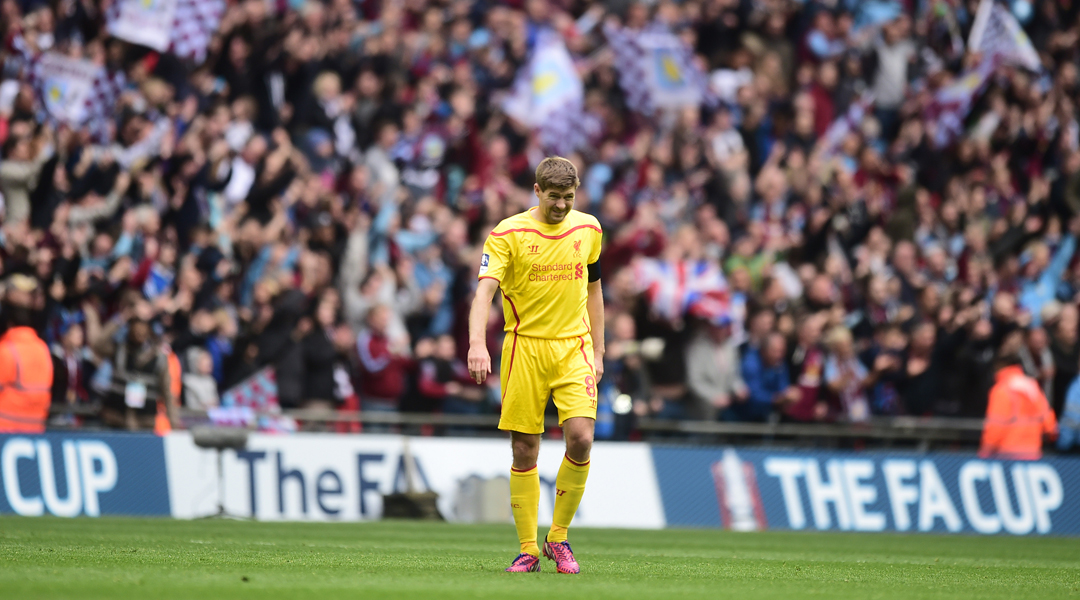
Three-man defence has been overcome
Liverpool's run of 10 wins and three draws in 13 league games coincided with their switch to a back three; the trio of Emre Can, Skrtel and Mamadou Sakho allowed the midfield to be bolstered by an extra body. That approach could seemingly do no wrong, and saw the club concede just eight goals across that period.
But then appeared Louis van Gaal. While the latter moments of Man United's 2-1 victory at Anfield were nerve-racking, the Dutchman had laid the blueprint for overcoming Liverpool's back three.
Isolation of an individual through the aerial dominance of Marouane Fellaini allowed other, more creative players the space needed to operate in one-on-one situations. Liverpool's wing-backs and defensive midfield options simply couldn't handle the extra burden, as they were pressed into submission.
It's an approach Arsenal used in the next league game. Arsene Wenger's 4-1 win demonstrated how years of experience still hold sway over a mid-season jump in form. Aston Villa, too, through sheer pace of play, showed you don't need to be a league contender to defeat Liverpool's previously infallible system.
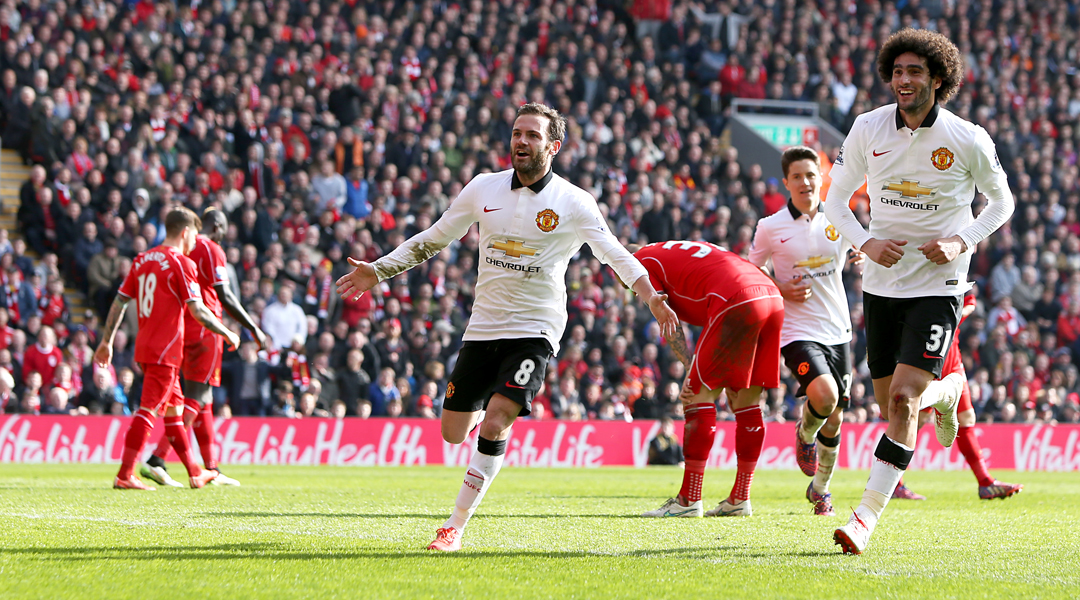
Replacing Sturridge up front has been impossible
While the loss of the league's best player in Luis Suarez was always going to be a major hurdle to overcome, no one could forsee that Sturridge would be AWOL this season.
The England striker's string of injuries have made him a bystander, and Liverpool have essentially lost both components of what was last year's deadliest attack.
Sturridge's absence has left a complete vacuum of quality in attack. Both Mario Balotelli and Rickie Lambert have been a disaster in their inaugural Anfield seasons since arriving from Milan and Southampton, while Fabio Borini has done little to convince that he's deserving of a run in the first team.
Playing Sterling through the middle as a false nine is an experiment that showed promise when first implemented, but little progress has been made since – evident by his goal tally of seven in 29 league starts. Sterling's problem isn't positioning, vision or a lack of motivation, but indecisiveness inside the box.
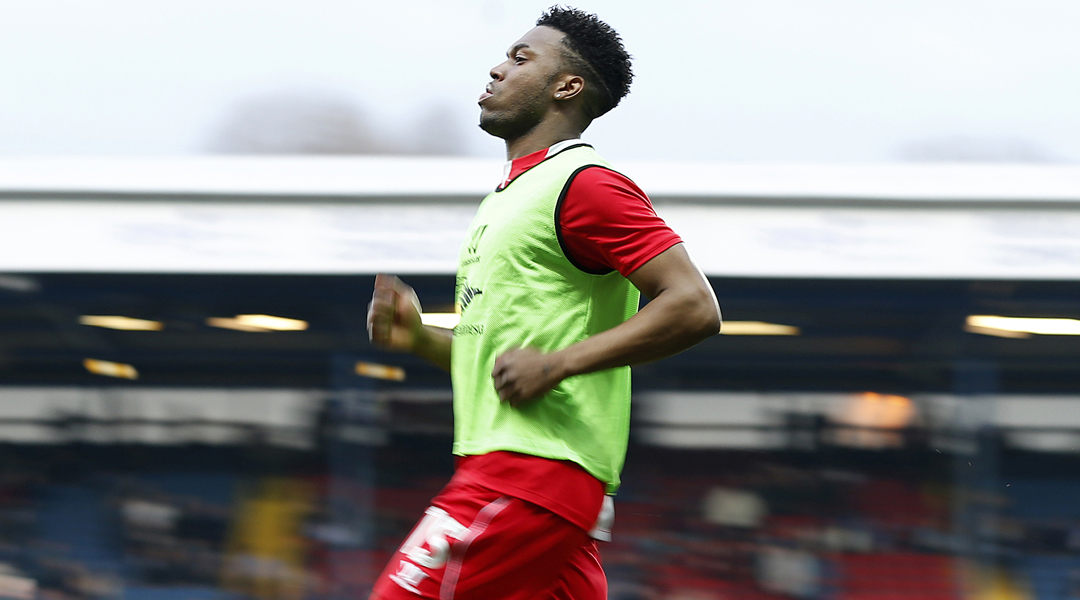
Does Rodgers know his best team?
With so many players coming into the club last summer, a period of adjustment was always to be expected. Simply, no one anticpated Liverpool doing as well this season as they did in the last. But nine months on, Rodgers still seems unsure of which players deserve a regular place in the team.
Of the new arrivals, only Can and Alberto Moreno have managed to secure a regular place in the XI, and even then Can's inclusion (if we were to be cynical) could be seen as a happy accident given how few options at centre-back were available to Rodgers at the time.
Not everything can be laid at the manager's door. One of the reasons Liverpool have been without a regular first-team unit is because the vast majority of the newcomers haven't performed to their potential.
Adam Lallana and Lazar Markovic have shown glimpses of excellence, but nowhere near the level they reached with Southampton and Benfica. The same can be said for Dejan Lovren and Javier Manquillo.
As Tottenham demonstrated after the sale of Gareth Bale, a bedding-in period is only natural after an influx of new players. Waiting an entire season for consistent results, however, is too long for Liverpool fans.
West Brom vs Liverpool LIVE ANALYSIS with Stats Zone
